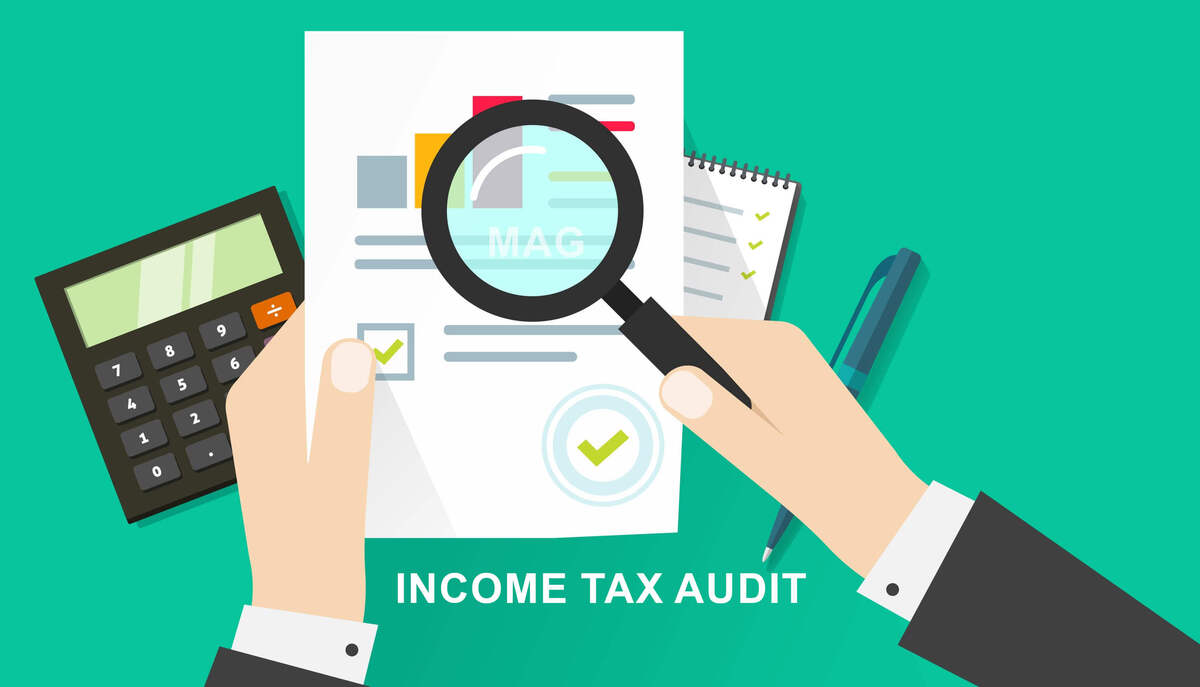In general, a Stock audit means physical verification of the inventory/stock. It can involve the valuation of the stock as well, but it usually depends on the scope and terms of the term of the engagement letter of the assignment. When heading forward, it is very crucial to keep in consideration the sole purpose for which the audit is being conducted because the different audits may have a different approach which would ultimately depend on the ultimate objective of the organisation.
In other words, a stock audit is a statutory process that every company/business should get performed at least once in a particular financial year. As far as the stock audit procedure is concerned, the
stock audit process in India involves physical counting of different inventories and presenting the premises and verifying the same with computed inventory maintained by the company. The reason and purpose behind executing this are to correct the discrepancies present in the book stock when compared to physical stock bypassing necessary adjustment entries. Manish Anil Gupta & Co. is among the
best stock auditors in India, providing
independent audit services.
Reasons to Perform Stock Audit
Let us understand few reasons to perform
stock audit in India:-
- To update the opening stock details in Shopper.
- To identify the discrepancy between the book stocks, also called computed stock and physical stock.
- To update the actual physical stock as book stock.
- To ensure the adequate preservation and handling of stocks.
Benefits of Stock Audit
- Direct impact on costs and bottom line
- Prevent pilferage and fraud
- Identifies slow-moving stock, obsolete stock, deadstock and scrap
- Third-party independent opinion, especially for agent warehouses
- Identifies the gap in the current inventory management process
- Enable accurate valuation of inventory
- Identification of slow-moving stock, obsolete stock, deadstock and scrap
- Avoidance of pilferage and fraud
- Instant information about the value of inventory
- Cost reduction and bottom-line
- Reduction in gaps in the present inventory management process
Stock Audit services in India is a domain of expertise, specialisation and core competence for
Manish Anil Gupta & Co. We provide stock audit assurance services in India to various multinational companies. Inventories and physical assets like raw materials and finished goods are very critical assets and need systematic and organised management as a large number of companies are operating across the borders through multiple locations and channel partners, making asset management a challenge. We aim to deliver focused and unique services to companies catering to their needs of keeping a check on their physical assets. Reach us at
info@manishanilgupta.com for any stock audit assignments.

Rahul Garg
Director-Taxation & Compliances
“Don’t Be Intimidated By What You Don’t Know. That Can Be Your Greatest Strength And Ensure That You Do Things Differently From Everyone Else.” .
View Profile
Discuss with expert











